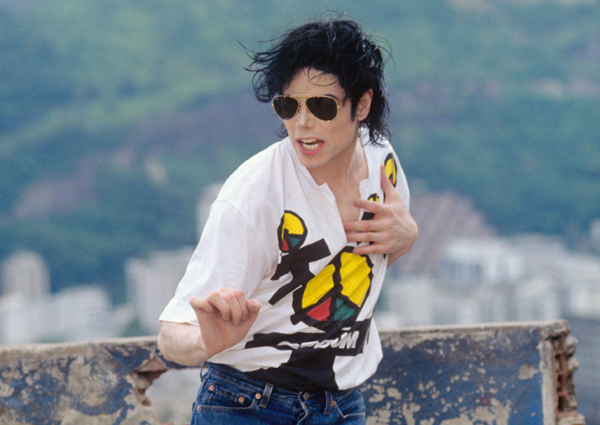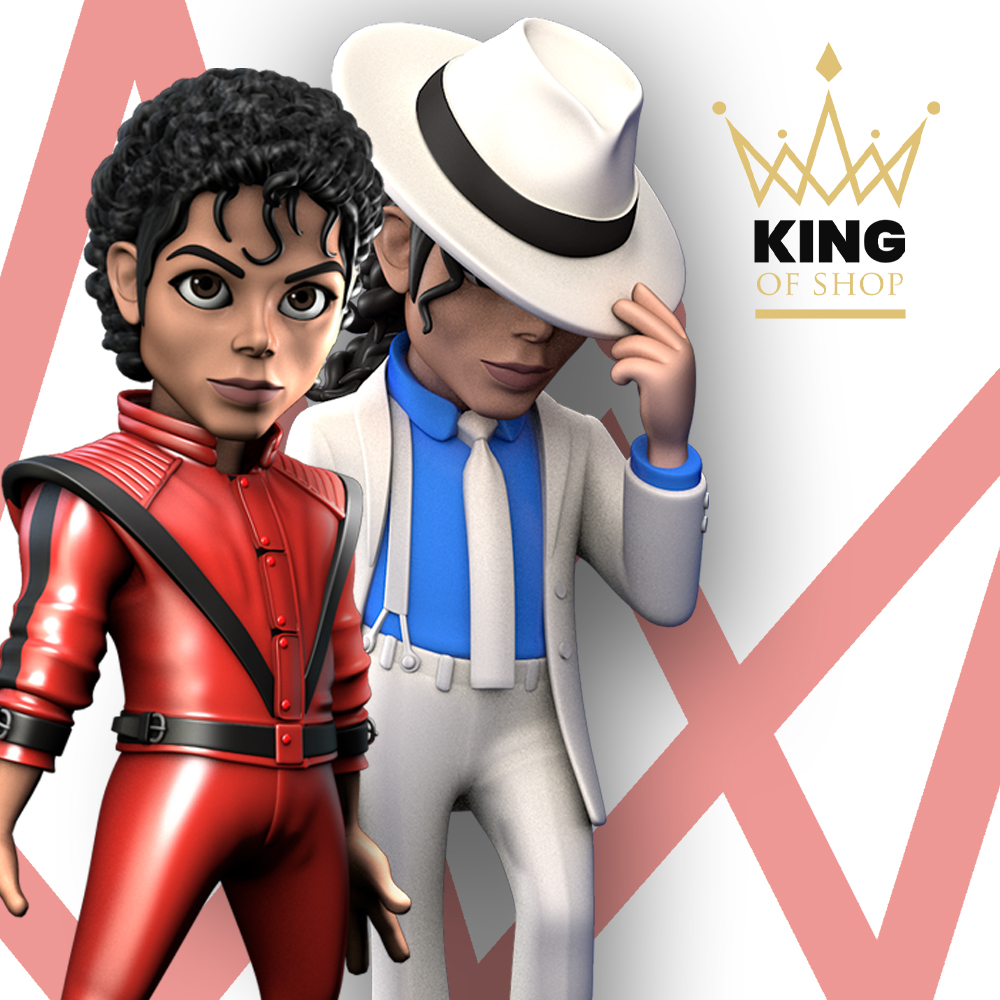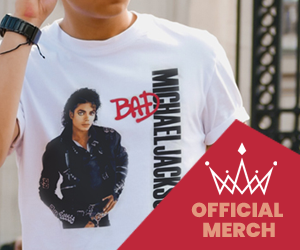By Pez Jax – Taken from ‘The Story of HIStory’

Considering the legacy of ‘They Don’t Care About Us’ as simply a song to be analysed would be to do it a disservice. Arguably, it has transcended the idea of being just another Michael Jackson hit and has evolved into a statement in its own right. Over two decades later, it has become a vital tool in speaking out against political unrest, social injustice and racial inequality, which was what Michael intended for it to become.
In truth, while Michael set out to make change both in the industry and for Black Americans, he had done so in a way that was deemed dynamic, yet compromising. When ‘Billie Jean’ was added to MTV’s regular rotation and forced an end to the colour divisions that the network had long enacted, it was generally seen as a move in the right direction at a pace of change that worked for the white networks. Years later when he spoke about police brutality and racial inequality on ‘They Don’t Care About Us’ he was criticised, labelled a racist and was deemed as having no right to want to speak up because of his own experiences suddenly.
Yet, Michael had long been speaking up about institutional racism. Though in many senses he did so through encouraging love and unity (‘Can You Feel It’, ‘Black or White’), He also addressed the issue with determination and resolution. In his 1988 autobiography Moonwalk, Michael said “When black people in America finally got out from under that crushing system, they were stronger. They knew what it was to have your spirit crippled by people who are controlling your life. They were never going to let that happen again. I admire that kind of strength. People who have it take a stand and put their blood and soul into what they believe.”
In 1993, when the allegations hit, Michael’s addiction to pain medication and the humiliating ordeal of the body strip search at the hands of overzealous law enforcement was his low point. His spirit was indeed crippled by people who were attempting to control his life. Coming out on the other side, he embodied the essence of what he had shared in his book and demonstrated that “People who have it, take a stand.” And he had it, so he took a stand.
Its lyrics set out a dialogue that has become identifiable, particularly in the last decade since Michael’s passing. “Tell me what has become of my rights”, “black man, blackmail, throw your brother in jail” sees Michael call out the continued racial prejudice that he had been fighting to overcome and points to Martin Luther King, noting that “If Martin Luther was living, he wouldn’t let this be.”
The song draws distinct parallels with Reggae artist Bob Marley’s famous hit ‘Get Up, Stand Up’ which was one of his most significant protest songs; calling for the people of Jamaica to stand up to racism and fight against the system, “You can fool some people sometimes, but you can’t fool all the people all the time.”
The song was Michael’s entrance into a very select group of artists who use their position to inform the masses about the injustices that happen within society. Often considered as a risk to one’s career at the time, it’s these artists who history remembers for their commitment to becoming a voice, regardless of the consequences.
The impact of this decision did discount Michael at the time as he was labelled a racist, something his actions and words have demonstrated to be completely unfounded and untruthful. But the song has gained momentum over the years and has elevated Michael’s position from one of entertainer to social activist, examples of which we are seeing more and more in recent years.
In 2016, A Black Lives Matter protest attended by hundreds, marched on Westminster in London to protest the fatal shootings of Philando Castille in Minnesota and Alton Sterling in Louisiana by police. As the crowds marched through London’s Oxford Street, the chants rang out – “All I want to say is that they do really care about us.” The chorus included scores of young people who would have been born after the song’s release, demonstrating the power of Michael’s words and their ability to inspire new generations with the same message. Though the killing happened in the U.S., the impact resonated across the world and ‘They Don’t Care About Us’ once again played its part in uniting.
These were just two examples in recent years of black people killed at the hands of police – Breonna Taylor, Stephon Clark, Eric Garner, Tamir Rice, Michael Brown and countless others were victims whose deaths sparked a call to action through the Black Lives Matter movement. The movement seeks to highlight racial inequality, fight for justice and end systemic racism as part of its core purpose.
In 2020, the death of George Floyd provided the catalyst for voices to finally be heard in the need for the dismantling of institutional racism. As protestors took to the streets, ‘They Don’t Care About Us’ became an ally, blaring through speakers and car stereo systems providing the rallying cry to a desperate need for change.
While the subjects and discussion topics within ‘They Don’t Care About Us’ should be just a reflection of history, they continue to be speaking in real-time to what is happening today. As long as there continues to be injustice within society, ‘They Don’t Care About Us’ will continue to have a place.
If ‘Billie Jean’ is considered the song of Michael Jackson for the 1980s, then ‘They Don’t Care About Us’ should be his song of the 1990s.
While ‘They Don’t Care About Us’ has risen from the ashes of 1995 to become a song that continues to offer a voice to the disenfranchised, it’s ultimately a shame that Michael is not here to see the real, lasting impact of what he created.
Taken from the new book ‘The Story of HIStory’ by Pez Jax, available here
*This excerpt is a copyrighted work and has been shared exclusively with MJVibe by the publisher. It is not to be repurposed, translated, copied on to other sites or reappropriated.*




[…] Check out the great article about “They Don’t Care About Us” by Pez Jax taken from his latest book “The Story … […]